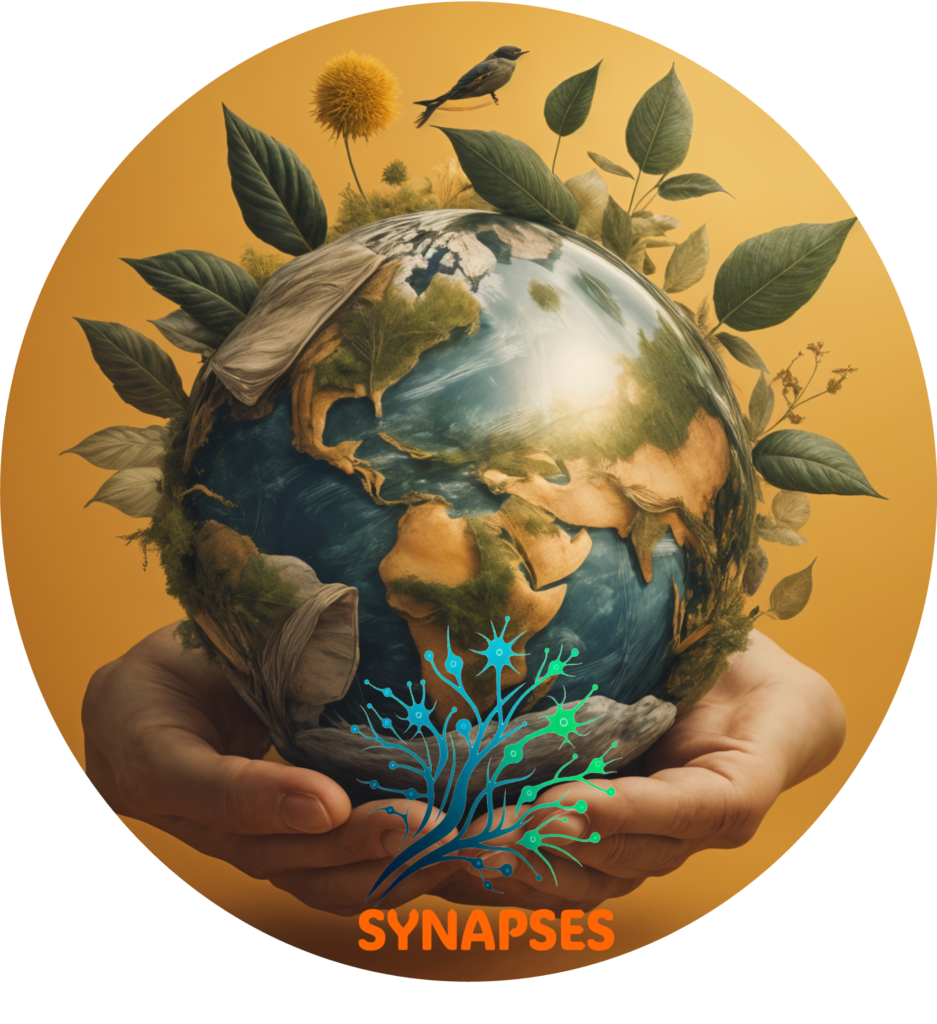
Sustainability Citizenship Journey
Definition of Sustainability Citizenship
Sustainability citizenship is a concept that integrates the principles of sustainability into the roles, responsibilities, and rights of citizens. It is a form of citizenship that acknowledges the importance of balancing economic, social, and environmental aspects to ensure a sustainable future for all. Sustainability citizenship involves practices that contribute to the welfare of the environment and society, such as sustainable purchasing, reduced consumption, and green mobility. Sustainability citizenship involves practices that contribute to the welfare of the environment and society, such as sustainable purchasing, reduced consumption, and green mobility. These practices are adjusted to citizens’ capabilities and are connected to engaged citizenship norms with the intention of advancing social-ecological change.
References:
Sotiriou et.al., (February 2024). SYNAPSES Training Framework.
Learning Goals
This is an informational journey compiling important aspects of Sustainability Citizenship (SC), presenting pertinent frameworks and good practice examples. It also presents a list of learning approaches that can be adopted while implementing the good practices along with a list of competencies students should acquire during the SC learning experiences. This resource also presents a series of reference documents. Within this lesson, participants will find the definition, goals and key concepts of SC. This journey presents key features of SC and relevant frameworks such as the GreenComp and Learning Ecologies. Educators will find an introduction to important learning approaches, for instance, the Universal Design for Learning and challenge-based learning, School leaders will find information related to the whole school approach, open schooling and living labs, and how to implement these approaches by using the best practice training materials from initiatives such as InNature, Schools Go Green, etc.
Curriculum
- 7 Sections
- 23 Lessons
- Lifetime
- Goals, Concepts, Dilemmas and Key FeaturesThis sections is devoted to the presentation of the main goals, concepts, dilemmas and features related to Sustainability Citizenship.4
- Sustainability CompetenciesSustainability citizenship is a multi-faceted concept that encompasses a range of competences along with practices and responsibilities aimed at promoting a sustainable future. It is a dynamic and evolving form of citizenship that is becoming increasingly relevant in the face of global environmental challenges.1
- Tools and FrameworksThese section presents some Tools and Frameworks that are relevant to support the integration of Sustainability Citizenship in schools.5
- Good Practice Examples - Sustainability Citizenship in the Curricula - Training MaterialsIn this section you will find the supporting material for the implementation of a selection of best practices selected by SYNAPSES. More programs can be found in the inspiring practices section of the portal. SYNAPSES team will continue to integrate more training materials and good ideas to support your schools' SYNAPSES Journey.5
- Learning ApproachesIn this section we present some of the Learning Approaches that will be available for the SYNAPSES network. Specific Journeys for these Learning Approaches are currently in production and will be available in the designated area of the Inspirational Practices.3
- European Union Related Policies4
- Journey Evaluation and Feedback1

